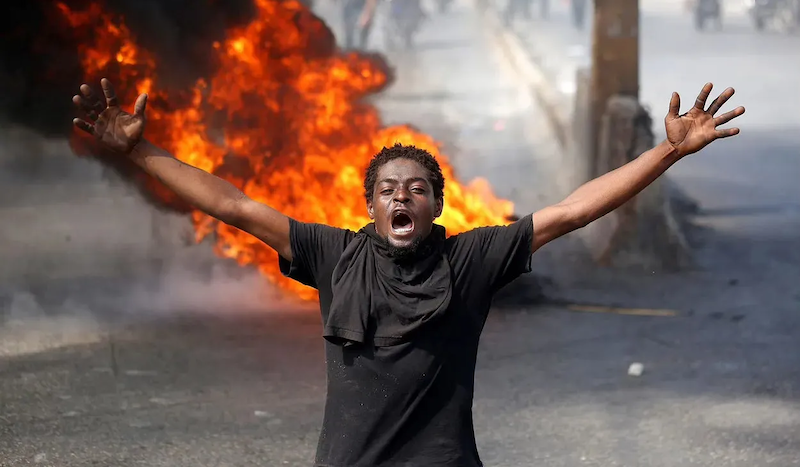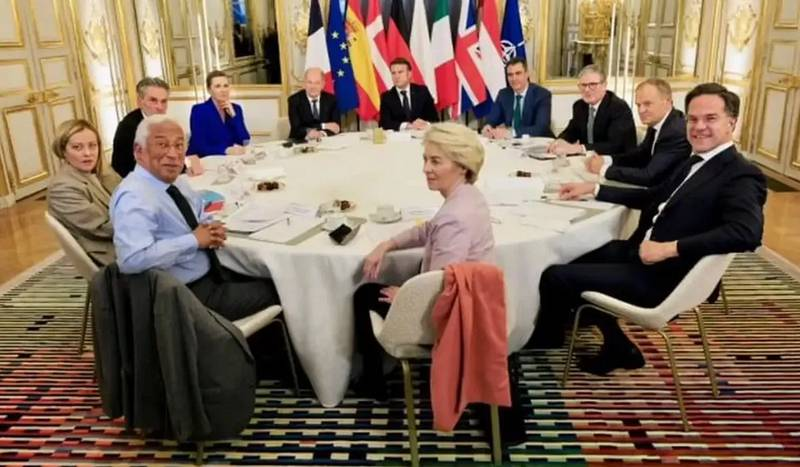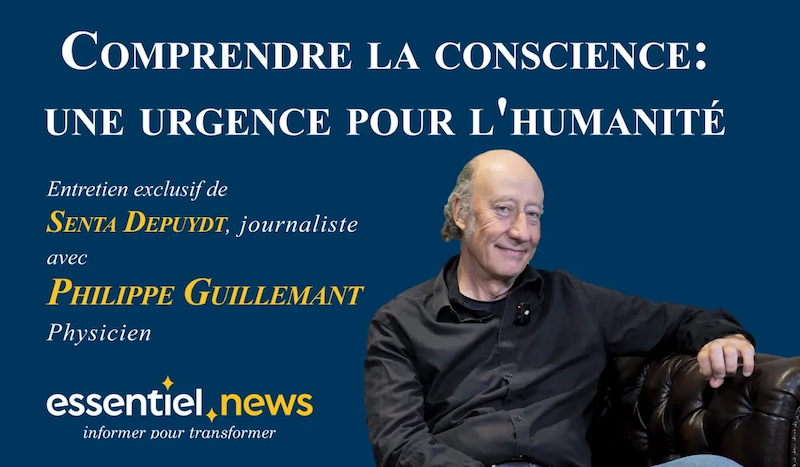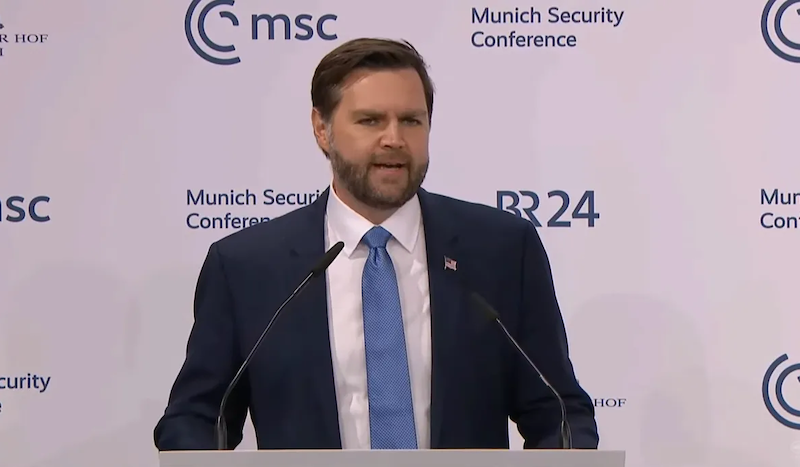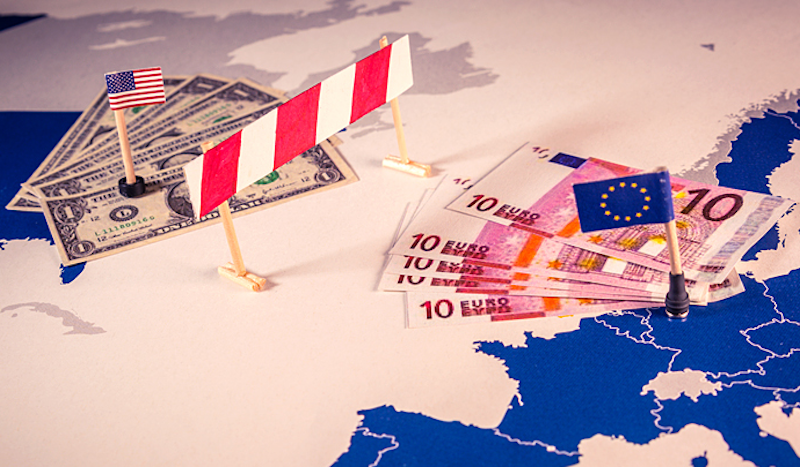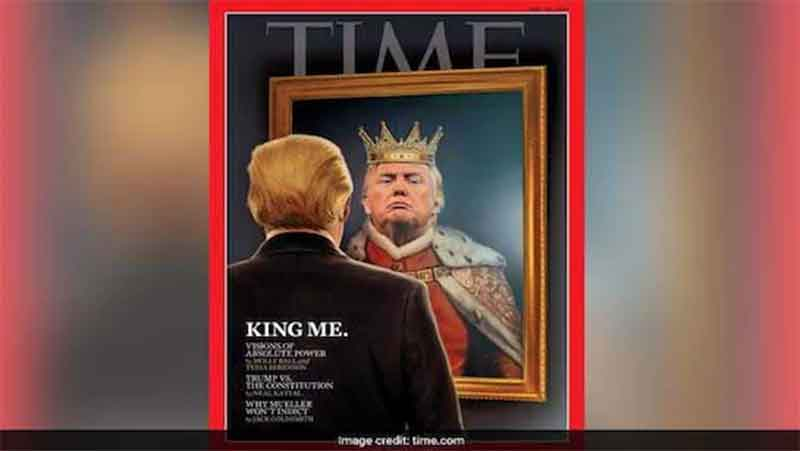Call for military ‘independence’ from US puts spotlight on Europe’s vulnerabilities
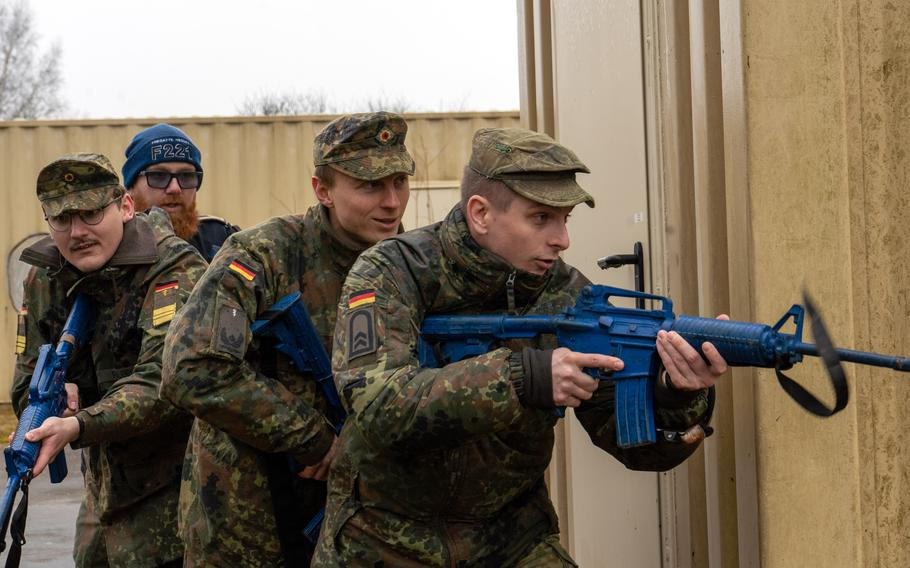
The man poised to be Germany’s next leader delivered a jolt this week when he warned that the demise of NATO in its current form could be at hand and said Europe must chart a military course separate from the United States.
Friedrich Merz’s center-right Christian Democratic Union party won Sunday’s federal election, positioning him to lead a government that will grapple with how to deter Russian aggression in an era where American largesse is no longer a guarantee.

